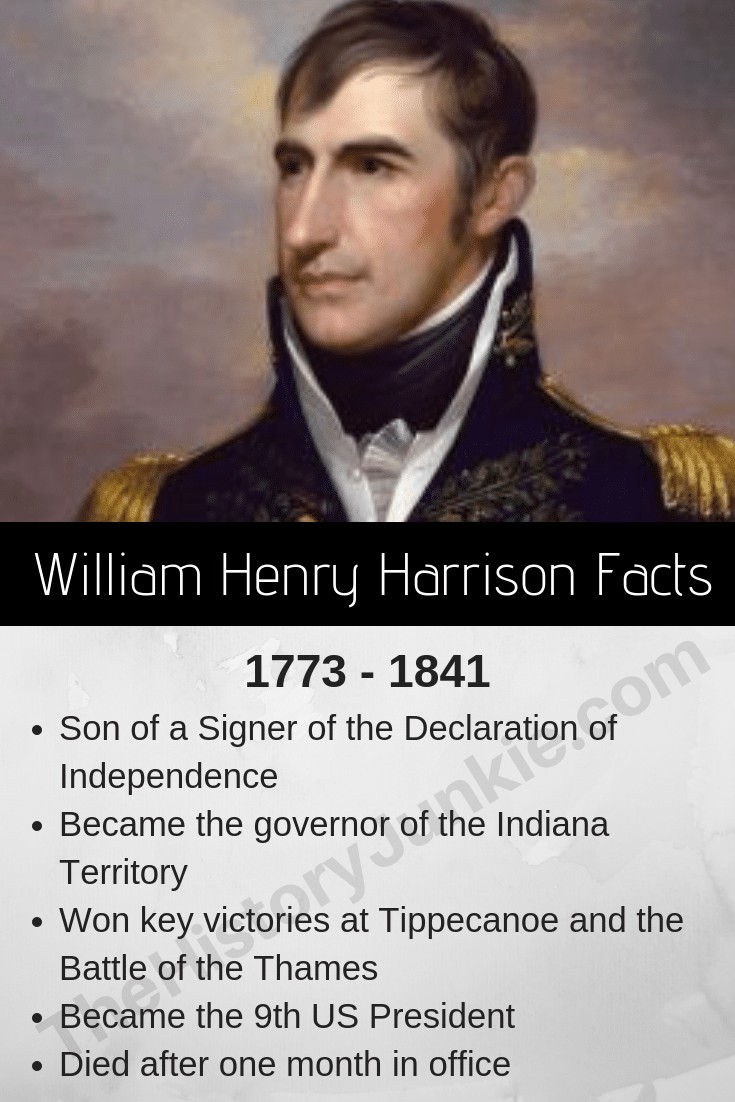The Battle of Fort Stephenson was an American victory during the War of 1812.

Jump to:
Prelude
After failing to defeat American forces in the siege of Fort Meigs, the British under Henry Procter withdrew. Procter attempted to take Fort Meigs again in July by staging a mock battle to lure the defenders out of the fort.
The ploy failed, and Procter abandoned the idea of taking the fort. The British and Indian forces moved on to capture an American supply base on the Sandusky River guarded by Fort Stephenson.
The fort was commanded by Major George Croghan with a garrison of 160 U.S. Regulars (17th U.S. Infantry-later consolidated into US 3rd Infantry Regiment) under his command.

William Henry Harrison, the U.S. commander of the Northwest Frontier, believed Procter's force to be larger than it was and ordered Croghan to destroy the fort and withdraw.
Croghan insisted that he could hold the fort and stayed. Harrison agreed to let Croghan stay, but still fearing the worst, he moved all available forces 10 miles away from Fort Stephenson.
The Fighting
Expecting Harrison to be moving to Fort Stephenson's aid, Procter had no intentions of conducting a siege as he had at Fort Meigs.
The British artillery and gunboats began shelling the fort, but with little effect. On August 2, Procter ordered an infantry assault.
Croghan ordered the defenders to hold fire until the attackers were within close range. Once within range, the garrison opened fire along with the fort's artillery.
The attack fell back, and Procter tried and failed several more times. Lacking scaling ladders, Procter finally realized that the attackers could do very little against the fort.
Procter called off the attack, and the Indians returned to the field late at night to carry away the wounded.
Results
The battle had been a victory for the Americans. George Croghan emerged from the battle as a hero and was promoted to lieutenant colonel.
Both Procter and Harrison suffered criticism for their parts in the battle.
The British, as well as Tecumseh, were growing increasingly aware of Procter's shortcomings. Harrison was criticized for not making a whole-hearted effort to come to the fort's aid.
Yet the British had been defeated, and Procter withdrew to Canada. In the following months, the Americans won decisive victories at the battles of Lake Erie and the Thames.
